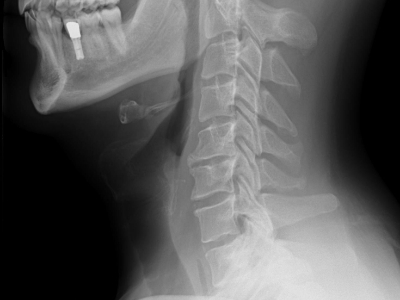Symptoms and Treatment of Multiple Sclerosis

Multiple Sclerosis is a central nervous system disease wherein the symptoms vary widely and depend on the amount of nerve damage it causes. Some people with a severe condition of Multiple Sclerosis may lose the ability to walk independently or not at all, others as well may experience long periods of remission without any new symptoms. Treatment for Multiple Sclerosis helps speed recovery from attacks and manage the symptoms it causes.
What Causes Multiple Sclerosis?
It is unknown what causes multiple sclerosis. It is regarded as an autoimmune disease in which the body’s immune system attacks its tissues. The immune system malfunction that causes multiple sclerosis destroys the fatty substance that coats and protects nerve fibers in the brain and spinal cord (myelin).
Myelin is like the insulation coating on a wire. When the protective myelin is damaged and the nerve fiber is exposed, the signals traveling along that nerve fiber may be slowed or blocked. There is no clear reason why multiple sclerosis develops in some people but not others. Environmental and genetic factors seem to play a role.
Signs and Symptoms of Multiple Sclerosis

Signs and symptoms of multiple sclerosis may vary greatly from person to person and throughout the disease depending on the location of affected nerve fibers. Common symptoms include:
- Tremor, lack of coordination, or unsteady gait
- Weakness or numbness in one or more limbs that typically occurs on one side of your body at a time, or on your legs and trunk
- Electric-shock sensations that happen with certain neck movements, especially bending the neck forward
Vision problems are also common including:
- Blurry vision
- Prolonged double vision
- Partial or complete loss of vision, usually in one eye at a time, often with pain during eye movement
Other symptoms that may also occur are:
- Fatigue
- Dizziness
- Slurred speech
- Tingling or pain in parts of your body
- Problems with sexual, bowel, and bladder function
Risk Factors of Multiple Sclerosis
These factors may increase your risk of developing multiple sclerosis:
- Women are more than two to three times as likely as men are to have multiple sclerosis.
- Family history.
- Having low levels of vitamin D and low exposure to sunlight.
- Smokers who experience an initial event of symptoms that may signal multiple sclerosis are more likely than nonsmokers to develop a second event that confirms relapsing-remitting multiple sclerosis.
- Certain autoimmune diseases may have a slight chance of developing multiple sclerosis.
Treatment for Multiple Sclerosis
Treatment for Multiple Sclerosis typically focuses on speeding recovery from attacks, slowing the progression of the disease, and managing the symptoms of the condition.
Treatment may include:
- Plasma exchange (Plasmapheresis)
- Corticosteroids such as oral prednisone and intravenous methylprednisolone
- Ocrelizumab
- Glatiramer Acetate
- Fingolimod
- Dimethyl Fumarate
- Teriflunomide
- Siponimod



